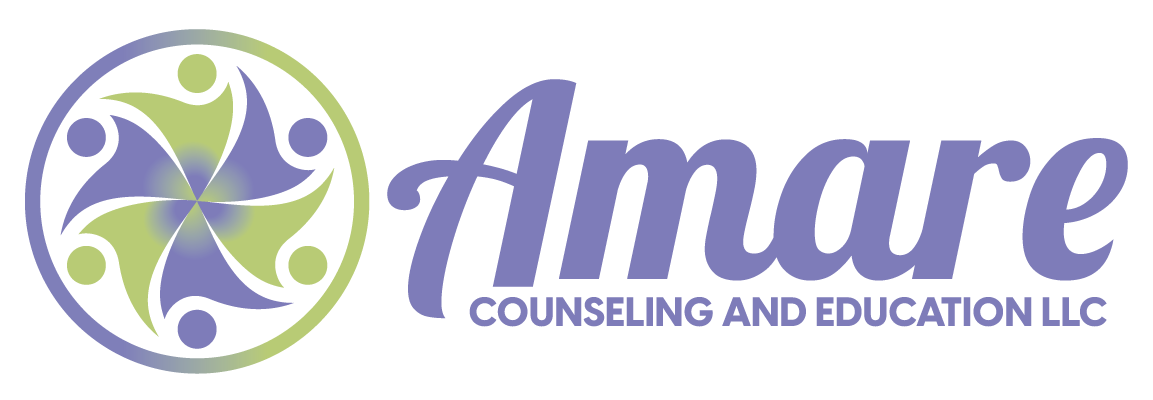Early Childhood
Mental Helth Consultation
Available in-person and on-line Spanish and English
Why early childhood programs seek mental health consultation:
In addition for my love for young children, I bring over 20 years as an early childhood psychotherapist for multicultural families, with my expertise in diversity, equity and inclusion, and my specialization in infant mental health (IMH-E® in VA, Level III). I approach complex challenges with a blend of the principles of Infant and Early Childhood Mental Health Consultation, Resilience, and the Pyramid Model.
What is Infant and Early Childhood Mental Health Consultation?
A Day in the Life of an IECMH Consultant.
What is Resilience?
Pyramid Model Overview.
Overview of the Consultation Process

1. Initial Conversation
We will discuss the nature of your program and your concerns, to determine whether a short term-consultation or longer-term series of coaching and consultations will best meet the needs of your program.
2. Assessment
One or more program site-visits will occur, according the agreed upon scope of the consultation. During each visit I will conduct observations and interviews, in order to assess a child or group of children, skills of the educators, and social-emotional environment of the program. I will assess the children’s social-emotional development, temperament, strengths and risk factors.
3. Recommendations
I will meet with administrators and educators to determine the best strategies for addressing children’s and staff’s social and emotional needs and challenges, informed by evidence- based mental health principles. Recommendations may include tailored interventions for specific children, program-wide supportive policies, social-emotional coaching for the educators, parenting strategies for family members, and connecting families with specialized mental health care for further assessment, therapy or medication if needed.
4. Follow-up support
Follow-up visits over time are essential for sustaining the implementation of new strategies and their integration in daily long-lasting practices. Complex situations may benefit from the formation of a team of stakeholders (educators, parents, administrators and additional service providers), collaborative creation of goals, and regular team meetings for mutual accountability and encouragement.



